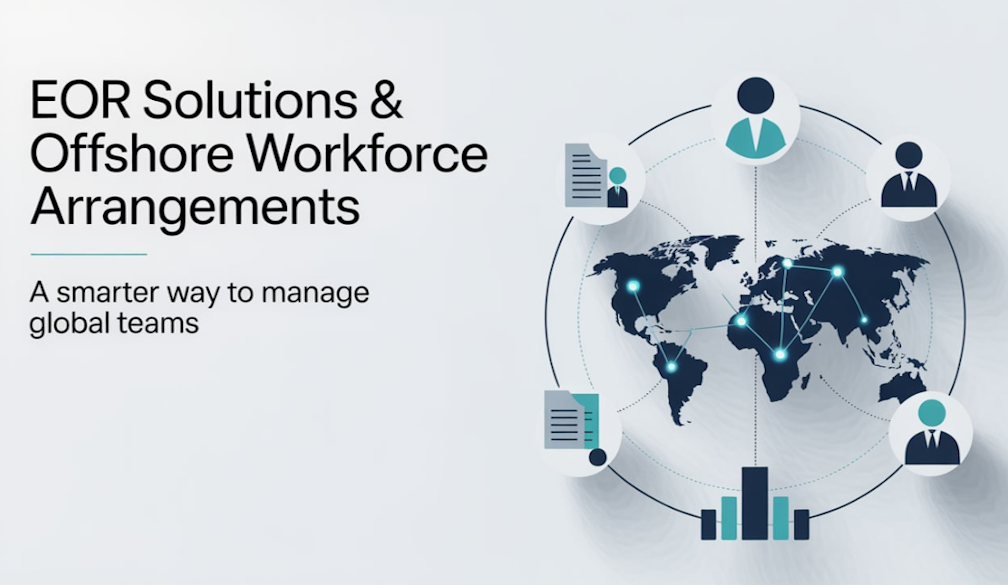Tiered NDIS provider registration and a say on supports. Are we finally listening to people with disability?
- Written by Helen Dickinson, Professor, Public Service Research, UNSW Sydney
When the review of the National Disability Insurance Scheme (NDIS) was handed down at the end of last year, one of the more controversial recommendations was to make provider registration mandatory.
The review – and NDIS Minister Bill Shorten – argued these changes were needed to make NDIS participants safer. But many in the disability community were worried these changes could restrict their choice and control over services.
Shorten established an expert taskforce to provide advice on the design and implementation of a new registration model in consultation with the disability community. This advice has just been published.
At the same time, a short public consultation period has opened so people can have their say on what supports should be funded under the NDIS, following headlines about ballooning costs and what funds are being used for.
Together, these developments might achieve a balance between safety concerns and allowing NDIS participants to manage their services in a way that works for them.
What the NDIS review recommended
Currently, only some NDIS service providers are registered with the NDIS Quality and Safeguards Commission. To do so, they must undertake compliance and auditing processes, which can be time-consuming and expensive.
All NDIS participants can purchase supports from registered providers, but some (those who are self-managed or plan-managed, rather than NDIS-managed) can also buy services from providers who are unregistered. About 7% of service providers in the NDIS are registered, but only around two-fifths of NDIS payments go to unregistered providers. Unregistered providers tend to be smaller operators and there are more of them.
The NDIS review suggested a mandatory risk-proportionate model to improve visibility and regulation for all providers.
This means all NDIS providers would need to be registered or enrolled and participants would not be able to purchase goods or services from providers that are not. Some providers say they would not become registered because of the significant costs and administrative burdens involved.
This might not seem like a particularly controversial recommendation, but it has split the disability community.
Some see it as a way to prevent some of the horrific abuse some people with disability experience.
But others are concerned it would shrink their choice of provider, lead some to go without services and increase the cost of the scheme.
Read more: Choice and control: what can the ACCC do to stop NDIS price gouging and reduce costs?
Who were on the taskforce and what did they do?
Chaired by disability rights lawyer and activist, Natalie Wade, the taskforce met with more than 2,200 people with disability, allies, service providers and others over three months. The taskforce disagreed with the NDIS review that all providers should be registered, but said a new risk-proportionate model is needed.
The taskforce outlines four categories of registration:
advanced registration for providers offering high-risk supports often in high-risk settings (such as group homes)
general registration for those offering medium-risk supports or those who require additional skill and training or involve significant one-to-one contact with disabled people (such as some complex bowel care or giving injections)
self-directed registration for participants or their guardian or legal representative who get supports through direct employment or independent contractors
basic registration for providers offering lower-risk supports such as social and community participation and supports with more limited one-to-one contact.
Each of these categories comes with different requirements in terms of worker screening, practice standards, complaints processes and performance measurement requirements.
A fifth category set out by the taskforce does not require registration. This is for goods bought from mainstream retailers (such as a noise-cancelling headphones from an online store or a ramp from a hardware store) where there is no direct support provided to the participant.
The taskforce also suggests changes to:
- worker registration
- the NDIS Code of Conduct
- how provider performance is measured
- how provider audits are conducted
- how the Quality and Safeguards Commission receives and handles complaints.
Some of these changes will take time as new systems and processes will need to be developed; others are more urgent.
This is particularly the case for people accessing supported independent living services, who need help at home all the time. Often, these are people with intellectual disability who have large NDIS budgets and are more likely to live in group settings. They are also more likely to experience violence, abuse, neglect and exploitation. The taskforce recommends all such providers be registered within 12 months.
There is still some detail to be worked out about these recommendations and more co-design needed to make sure the system works for everyone. But these suggestions seem to do a good job of balancing protections and choice and control.
The report acknowledges many of the complex issues relating to this topic and suggests a possible pathway.
Read more: Choice and control: people with disability feel safer when they can select their NDIS providers
What about NDIS supports?
The taskforce report lands in the wake of the government’s underwhelming response to the disability royal commission.
Meanwhile, the progress of legislative NDIS reform to get the scheme “back on track” through the Senate has been delayed by amendments and disagreements.
There is ongoing tension with the states and territories over who will fund foundational support.
Proposed lists of what supports will be covered under the NDIS have also been controversial. The government has just opened public consultation so people with disability can help define what should be funded and what should not. But the timescales for consultation are very short, which might prevent all those who are interested from engaging on this topic.
What happens next?
The government now needs to decide how it wants to act on the provider and worker registration taskforce’s advice.
The taskforce report acknowledges further consultation with the disability community is needed. It will be important that the government listens more closely.
Authors: Helen Dickinson, Professor, Public Service Research, UNSW Sydney



















